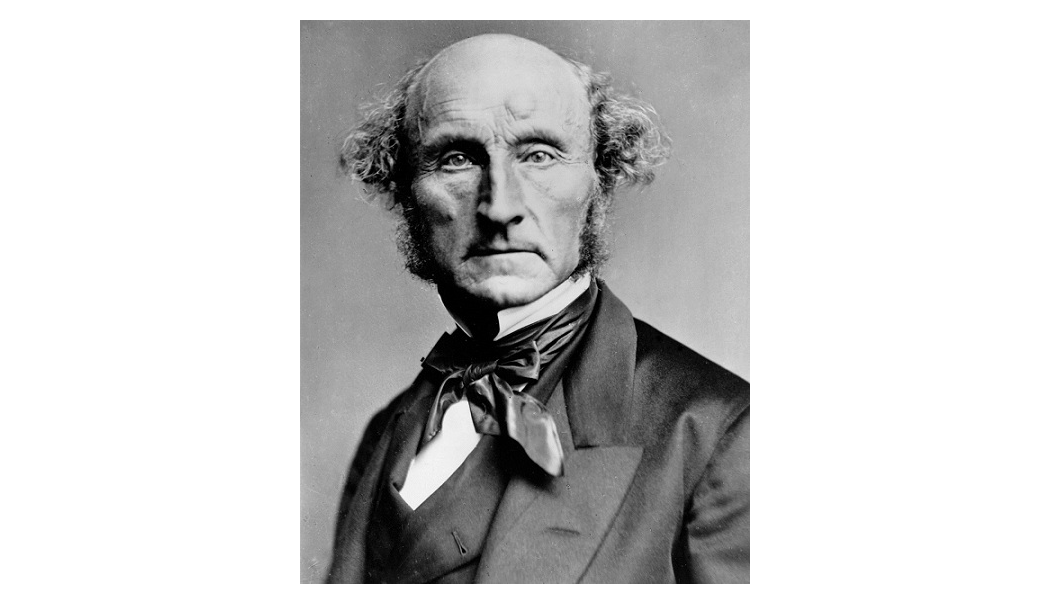John Stuart Mill lived from May 20, 1806 to May 8, 1873. Mill is recognized as a philosopher, civil servant, political economist, and member of parliament. Having works in the fields of politics, ethics, economics, inductive logic, Mill has important ideas and views in the form of public and private space, hierarchy of pleasures in utilitarianism, early liberal feminism, the harm principle and Mill’s methods. Mill is also one of the pioneers of liberalism. Detailed information on Who is John Stuart Mill and what are his contributions to the economy questions can be found in the rest of the article. You can browse here for information about Irving Fisher.
Who is John Stuart Mill and what are his contributions to the economy?
John Stuart Mill formulated and developed inductive logic as well as studies of deductive logic in the field of logic. Mill applied the principles of logic to the social, political and moral fields and became famous in this way. Defining psychology as the chemistry of the mind, Mill is known as the “father of association” in this field. The famous philosopher Mill, by carrying his associative psychology to the field of knowledge, developed a psychological idealism in this regard. Mill was inspired by Berkeley in this regard.
John Stuart Mill authored the Principles of Political Economy, and this book has been used as a textbook in British and American universities for many years. Until Marshall’s Principles of Economics was published, Mill’s book was a textbook. Mill’s aim in writing this book is to rewrite Adam Smith’s Wealth of Nations with the changes in economic theories and his knowledge. John Stuart Mill explained his purpose in the introduction to the book he wrote.
Mill’s greatest contribution to economics is the “wage fund theory”. The wage fund theory aims to explain the determination of average wages in the short term. Mill states that wages are based on labor supply and demand, in other words, the ratio between the number of workers and the portion of capital used in direct labor procurement. In this context, according to Mill, wages in general cannot increase without any increase in the funds earmarked for employing workers or a decrease in the number of workers willing to work. In this case, the total wages and the average wage level are determined independently by the wage fund. In other words, the wage fund constitutes the constant limit of total wages.
For details: https://en.wikipedia.org/wiki/John_Stuart_Mill
